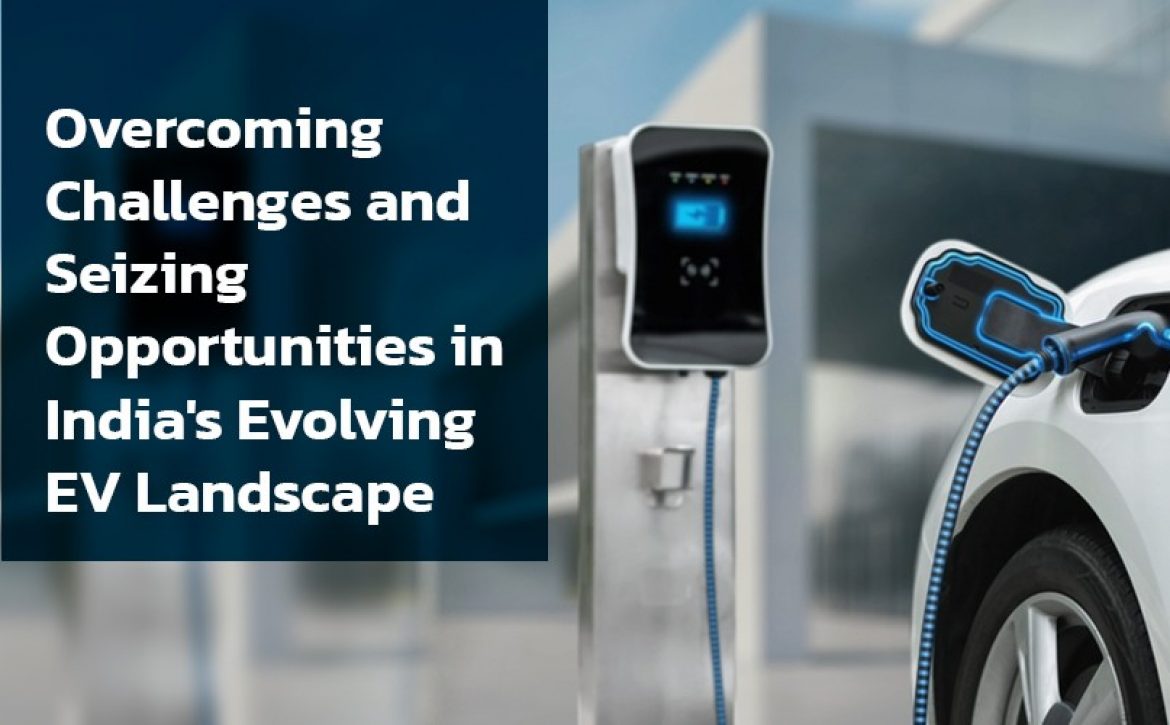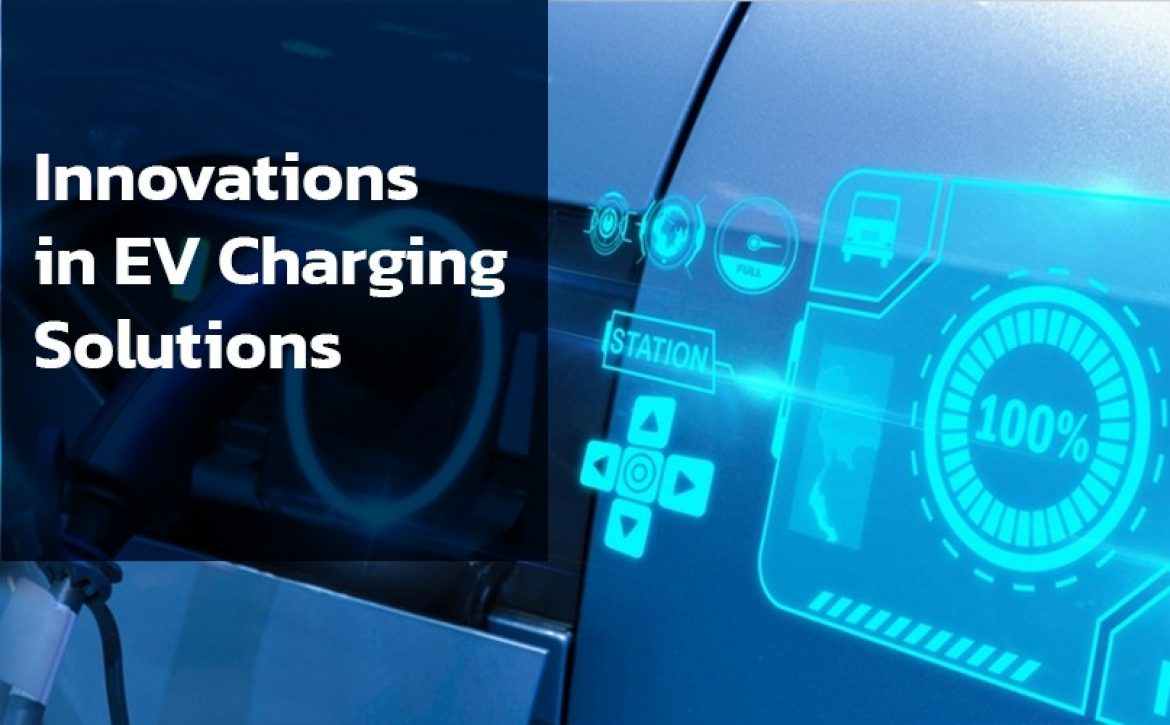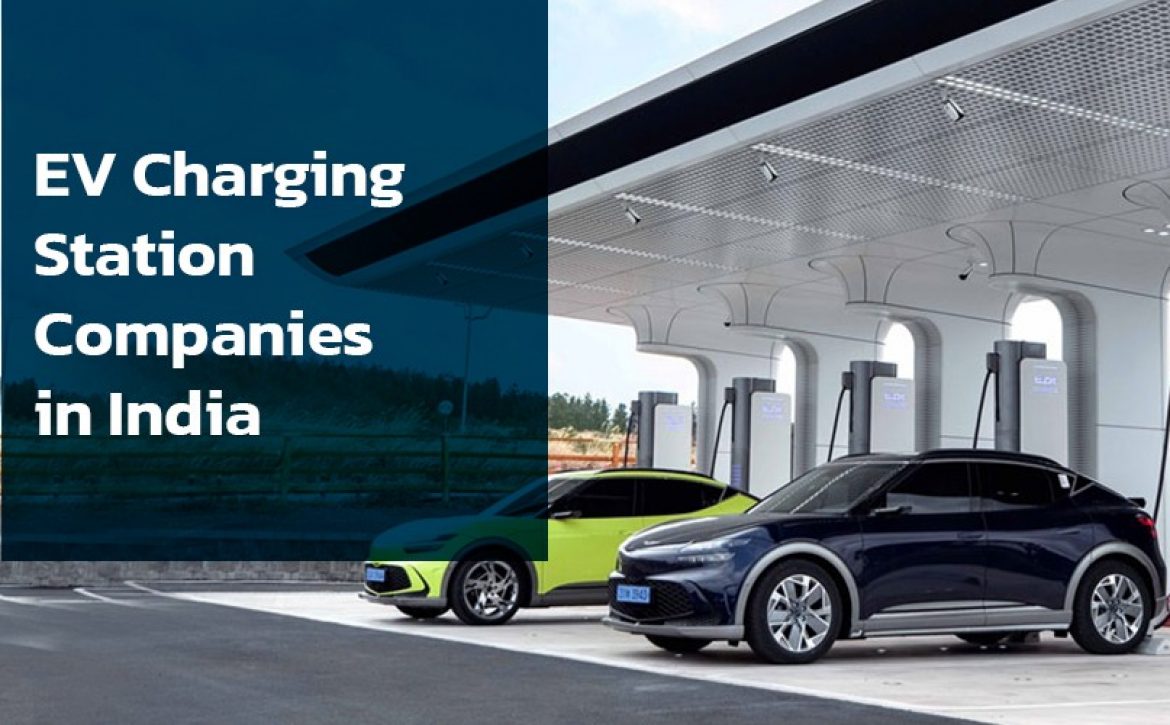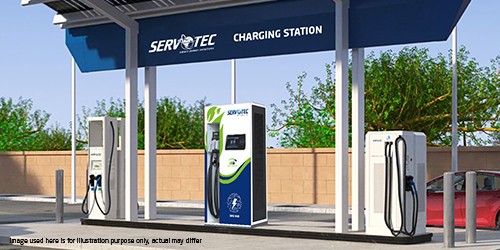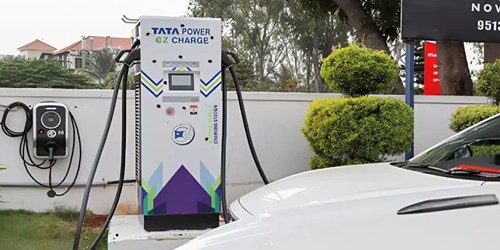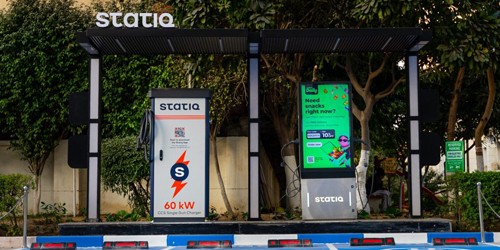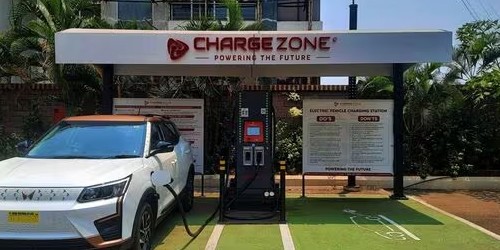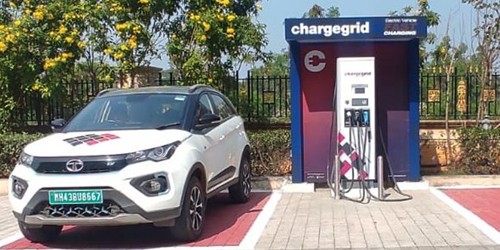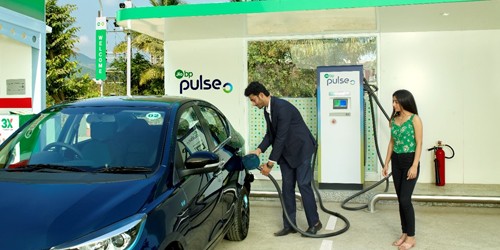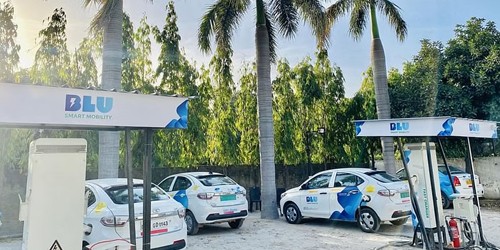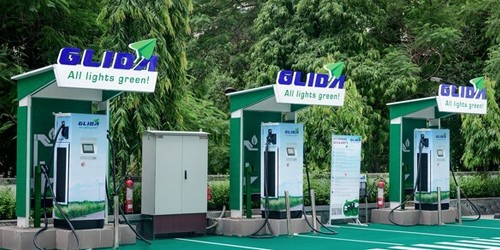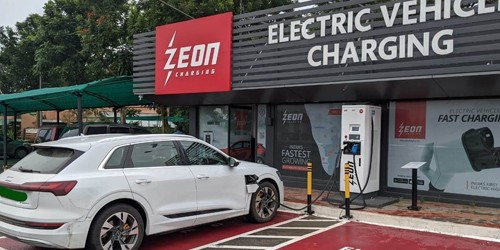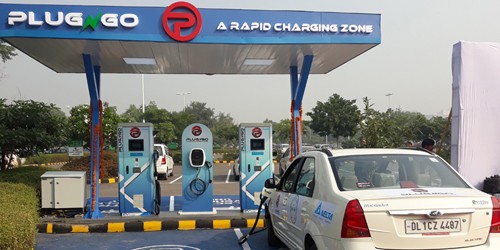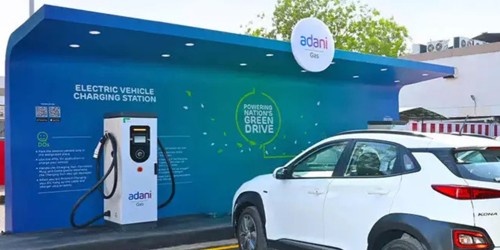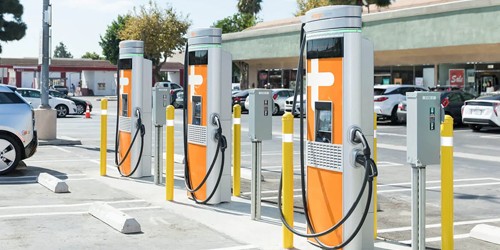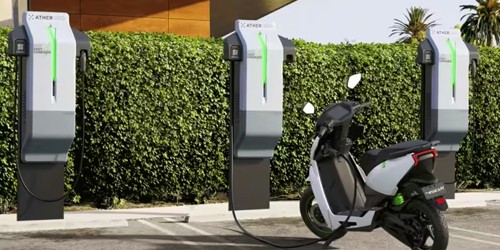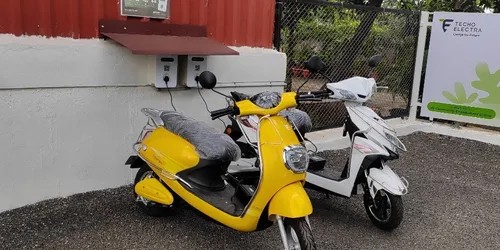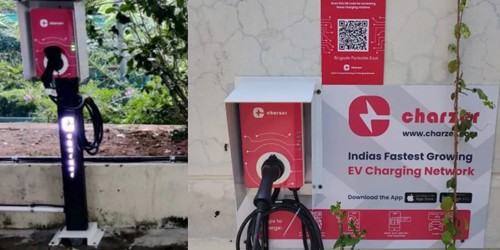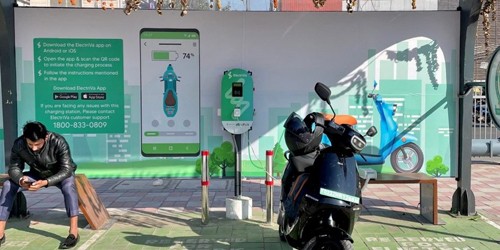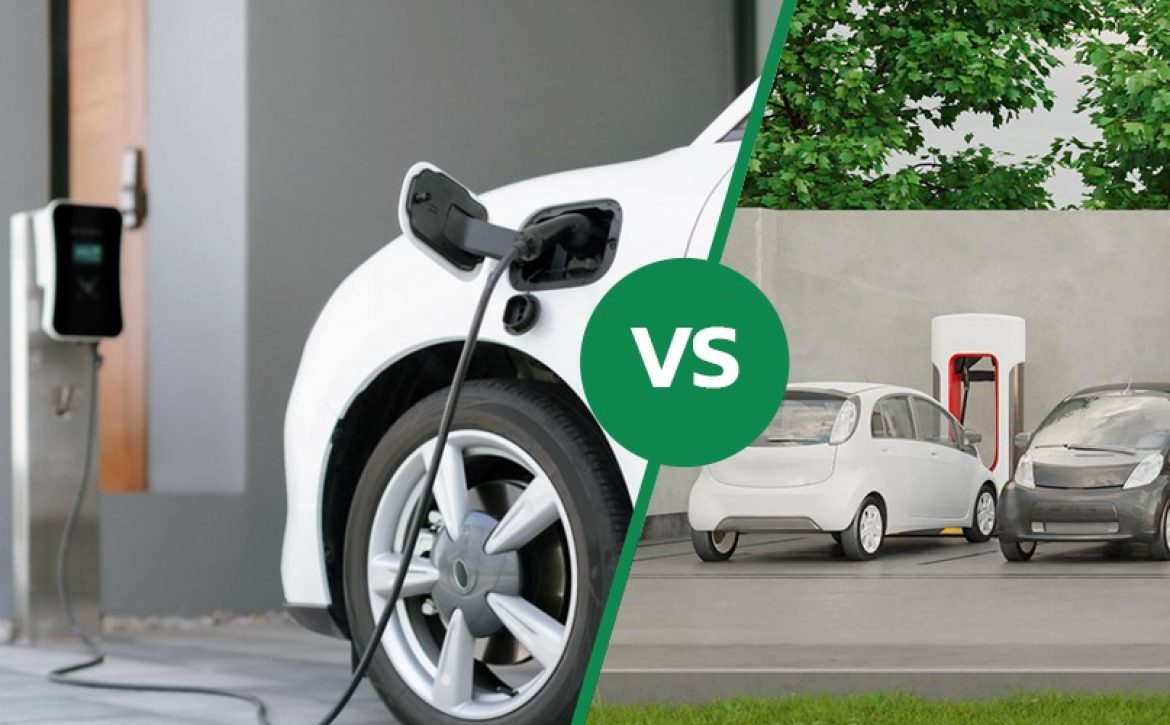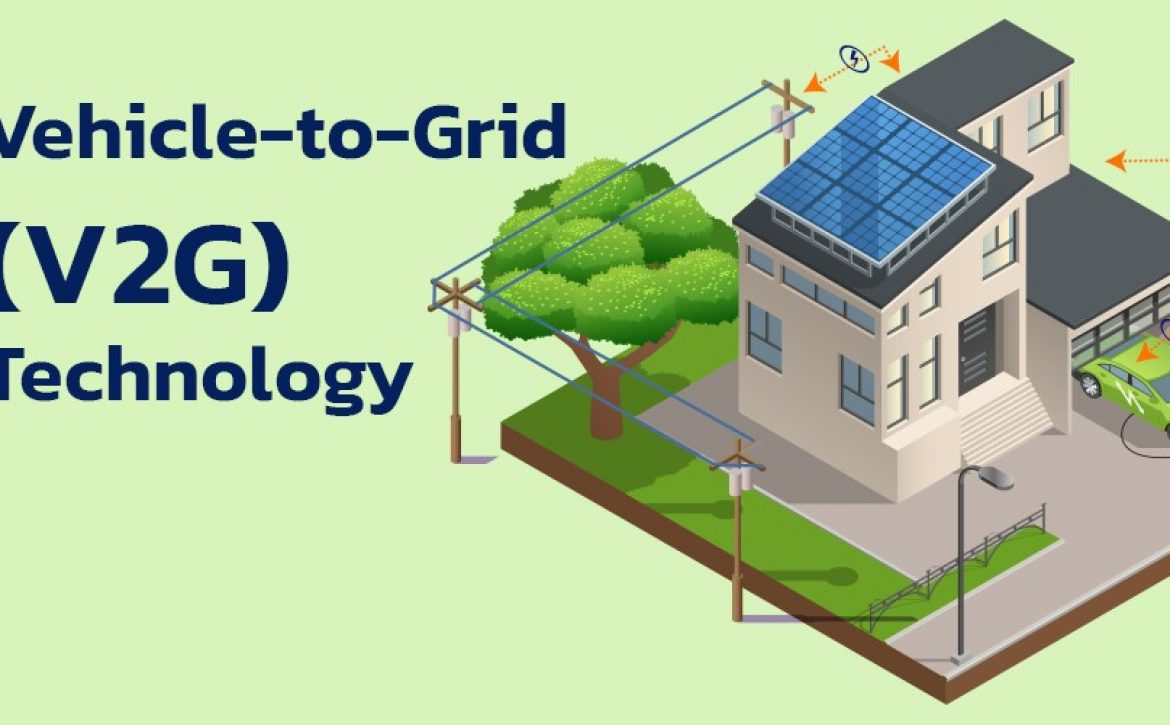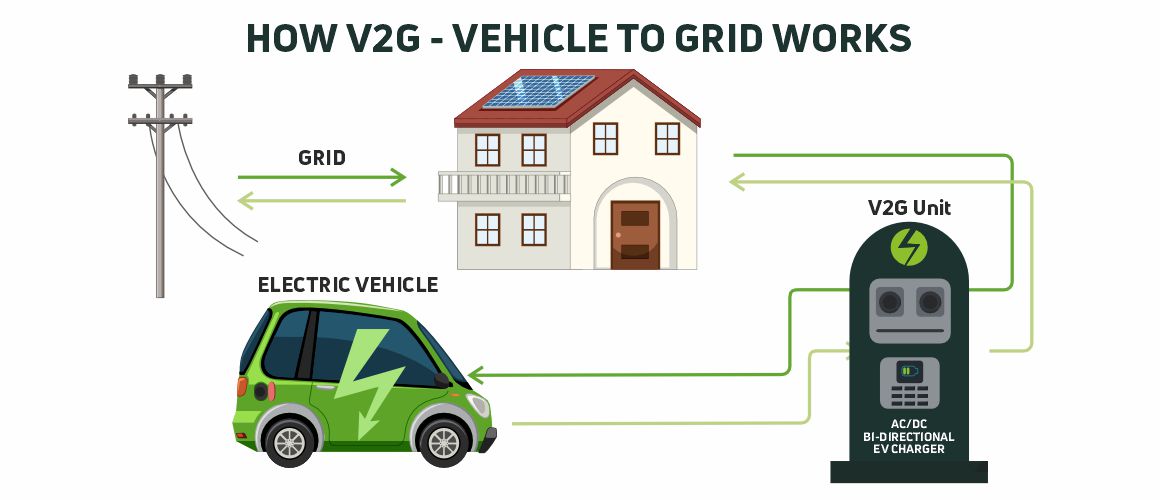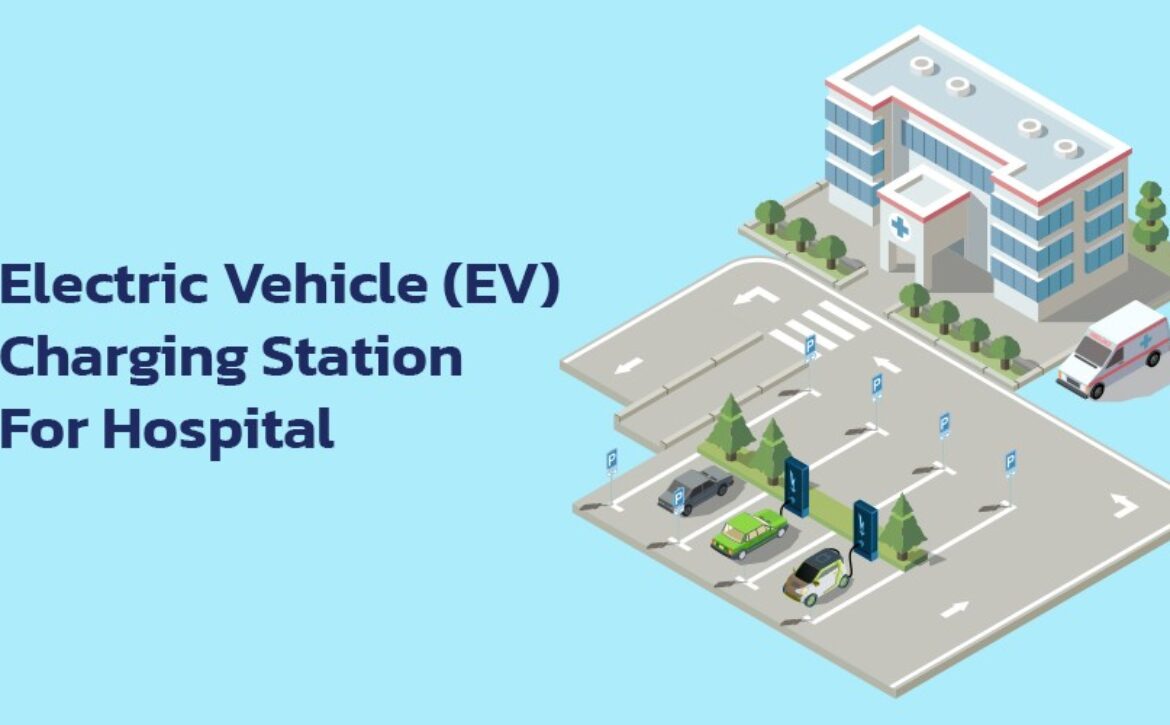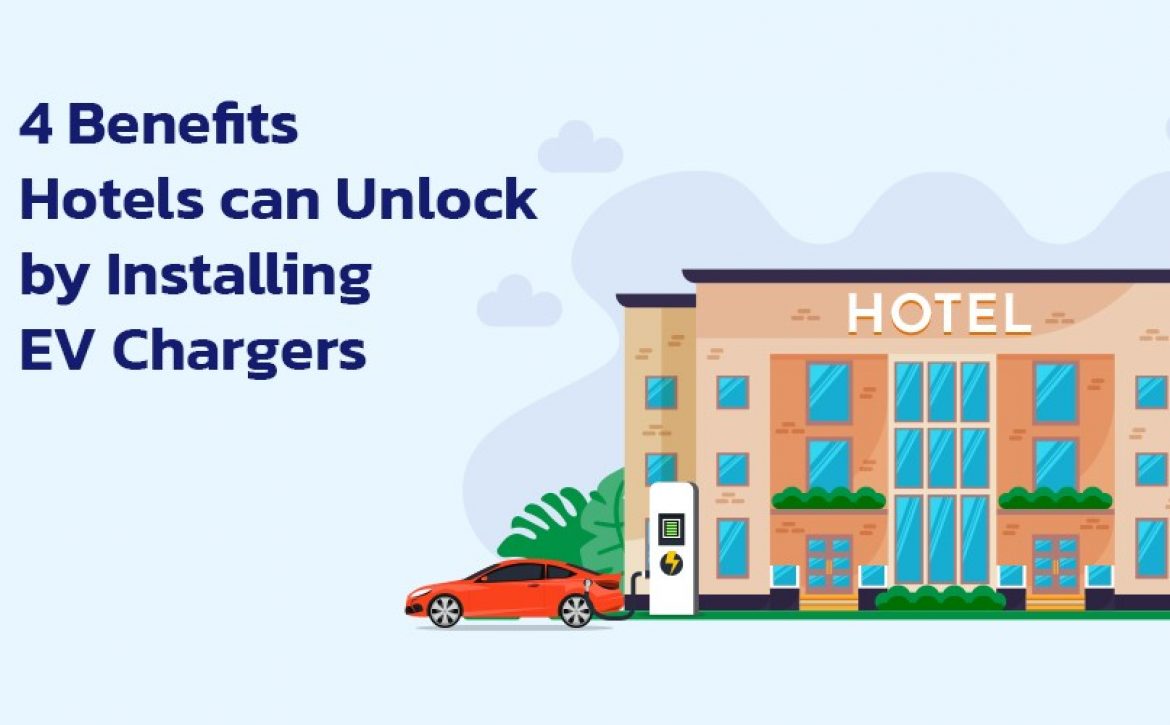How is Servotech Looking Forward to 2024? Interview of Mr. Raman Bhatia
Servotech is experiencing rapid growth, particularly in the technological domain. While the developments might not be immediately reflected on the revenue front, there’s significant progress on the technology front. The company is actively working on matching global products and has introduced new and innovative products at a fast pace. A notable expansion includes the development of EV chargers specifically designed for bus depots. These chargers incorporate new software algorithms aimed at minimizing bus downtime, ensuring quick charging, and extending battery life. Servotech has also secured patents related to charging EVs with GB/T technology, allowing them to charge from the CCS2 connector available in India. Furthermore, the company has ambitious plans for a new factory, which is expected to triple the production capacity of EV chargers. Our holistic approach to business development aims to elevate the company to new heights. This year marks our venture into the market of solar hybrid inverters, where we’re diligently crafting efficient and technologically advanced products set for imminent launch. We’re gearing up to expand our dealer and distributor network, paralleled by a surge in retail sales. Operational excellence is our priority, focusing on timely product delivery, maintenance, and dispatches.
Expanding our workforce and investing heavily in R&D stand as pivotal pillars in our growth strategy. Moreover, a robust marketing agenda will underline our endeavors to reach new horizons, and amplify our brand presence and reach. Our vision is clear: to take both our business and company to the next level, enriching our offerings, reach, and impact in the market. We are Looking ahead to 2024 and beyond, and are enthusiastic about the prospects and opportunities that lie ahead.
All India EV: What are the things that one must know before setting up a charging station?
Raman Bhatia: Setting up a robust charging infrastructure across India is crucial for widespread EV adoption and contributes significantly to a cleaner, greener future. Key considerations before establishing an EV charging station include choosing a strategic location, understanding the types of charging stations, evaluating power capacity, ensuring compatibility with diverse EV models, and addressing cost structures and safety regulations.
Moreover, amenities like seating, Wi-Fi, and restrooms enhance the charging experience, while a networked charging system with management software optimizes station performance. Incorporating sustainability aspects, such as eco-friendly materials and solar panels, minimizes environmental impact. Regular maintenance, inspections, and responsive customer support ensure smooth operations and user satisfaction.
Despite the excitement surrounding the growth of charging stations, disparities exist, particularly in rural areas, low-income communities, and among apartment dwellers. Addressing these disparities is crucial for equitable EV adoption. Furthermore, managing increased energy demand, standardizing charger types and connectors, and safeguarding sensitive data are essential considerations.
The growth of EV charging infrastructure also brings new job opportunities in installation, maintenance, and network management. However, the industry must navigate potential job displacement due to automation. Expansion plans should carefully consider the impact on existing power grids, parking spaces, and urban landscapes. Open discussions about these challenges and opportunities are essential for building a sustainable, equitable, and user-friendly EV charging infrastructure for the future.
All India EV: What are the technological developments made by Servotech?
Raman Bhatia: We realize the importance of solar energy in fostering a sustainable infrastructure that supports EV charging. Our objective to facilitate renewable energy integration and establish a sustainable charging framework motivated us to design and implement the Solar-powered EV Charging Carport, a revolutionary leap in sustainable charging
infrastructure that underscores our commitment to green energy and innovative solutions for a more sustainable future.
Our endeavor extends further through the creation of a cutting-edge Multiport EV charging system. This system integrates multiple ports with a fast ev charger, enabling multiple EVs to charge at the same time, optimizing the charging process for multiple EVs simultaneously.
Additionally, our subsidiary, Techbec Green Energy Pvt. Ltd., is focused on indigenous manufacturing of essential components for EV chargers, aligning with the Make In India concept. The subsidiary’s core focus lies in producing key components such as Power modules, CCS 2 guns, Type 2 guns, Connectors, Control Cards, PLC Modules, and Lithium-ion Batteries, underscoring our commitment to advancing the realm of EV charging infrastructure.
All India EV: What are the steps taken by Servotech in the EV charging domain?
Raman Bhatia: In a concerted effort to revolutionize both EV charging technology and infrastructure, Servotech forged a strategic partnership with IIT Roorkee, to develop cutting-edge rectifier units for CCS2 chargers and onboard EV chargers designed to cater to the diverse needs of 2, 3, and 4-wheelers, facilitating the seamless integration of electric vehicles into the nation’s transportation landscape.
Dedicated to propelling India towards its vision of an EV-powered nation, we have been working tirelessly and have filed groundbreaking patents to develop technologically advanced EV charging technologies. These patents enable third-party control of load shifting in BESS, empowering utilities to optimize grid services. and channel renewable energy into BESS for peak value, streamlining storage from sources like solar or wind. Recognizing the need to bridge compatibility gaps, we pioneered another EV charger tech patent, enabling GB/T Bharat DC 001 vehicle charging through CCS2 connectors. This innovation eliminated the need for dual infrastructure, enhanced accessibility for small trucks and lorries, opened new markets for GB/T Bharat DC 001 manufacturers, and facilitated smoother EV travel between India and Europe. Through our wholly-owned subsidiary, Servotech EV Infra Pvt. Ltd. we have forayed into the EV Charge Point Operator business. Our subsidiary will establish 5000 EV Charging Stations across the nation in the upcoming years, resulting in the development of a robust EV charging infrastructure, ultimately leading to the development of sustainable transportation.
Authored By
Mr. Raman Bhatia, Founder & Managing Director
Servotech Power Systems Ltd.
This article was originally published in ALL India EV


